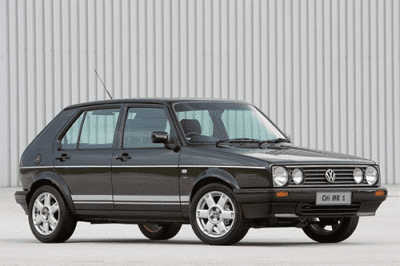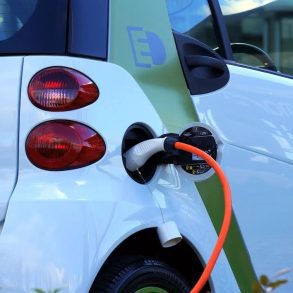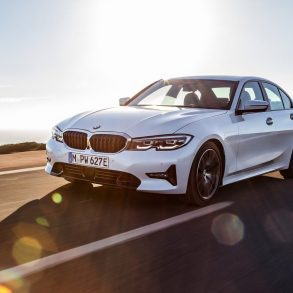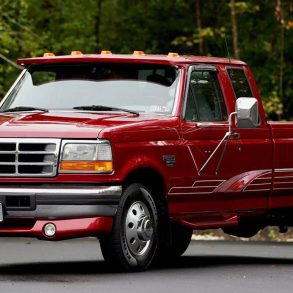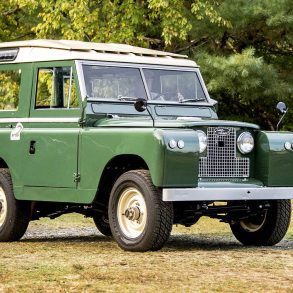Bart and Kriss couldn’t agree on whether the US is ready for a true low-cost car brand, and now they’re locking horns again on whether Volkswagen would benefit from following the highly successful Dacia strategy that has been raking in the profits at Renault.
I just don’t understand why they haven’t done this already. Like with crossovers, Volkswagen has waited too long to follow this trend and has squandered the opportunity to gain a huge volume boost. Not only from the newly-created, low-cost brand itself, but also from sharing the platforms and cost-saving technologies to some of the existing VW Group brands, most notably Skoda and VW itself in regions like South America and China, where it still sold decades-old models under the VW brand until recently. As our reader M. Hoffman commented earlier, last year 46% of worldwide sales of the Renault and Dacia brands combined were Dacia-based models, so they gained huge economies of scale without the need to launch an additional brand in every single market. In markets where Renault was an established brand, like Europe and Mediterranean Africa, Dacia filled the open slot below it, and in markets where Renault was still trying to gain a foothold, like Russia, Asia and South America, the models helped establish Renault as a top player, not necessarily with a budget-brand image.
Kriss:
My big worry is brand-overload over at VW Group. They already have some 12 brands in their portfolio (counting trucks and motorcycles), plus their mainstream offerings (VW, Seat, Škoda) are already rather close and the company seems unable to give them truly different characters. In a sense, the success of Dacia stems from Renault being OK with the cars being no more than acceptable by European standards, at least at first. Somehow, with German perfectionism I don’t see how they could do that – I’m afraid is that they would be unable to position the new brand low enough for it to truly remain a different offering. After all, Škoda started off as a budget offering, but quickly caught up with Seat in terms of quality and is now a mainstream brand that offers good value for money, rather than being a true value brand.
Bart:
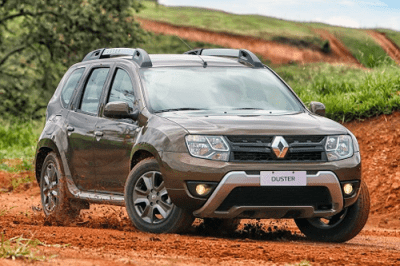 I see your point, but for the sake of the argument let’s say VW was able to engineer cars for a true value brand. With its worldwide presence it could market the brand relatively easily, at least compared to the challenge Renault faced when it launched Dacia. And yet Renault succeeded, and the Dacia-based models helped Renault to lower its dependence on the European market. Similarly, in addition to launching a budget brand to complement VW in places where the latter is perceived as “mainstream premium” (Europe), VW could also sell these low-cost models in places where they compete more directly with mainstream brands e.g. (rural) China, Eastern Europe, South America, Russia and India.
I see your point, but for the sake of the argument let’s say VW was able to engineer cars for a true value brand. With its worldwide presence it could market the brand relatively easily, at least compared to the challenge Renault faced when it launched Dacia. And yet Renault succeeded, and the Dacia-based models helped Renault to lower its dependence on the European market. Similarly, in addition to launching a budget brand to complement VW in places where the latter is perceived as “mainstream premium” (Europe), VW could also sell these low-cost models in places where they compete more directly with mainstream brands e.g. (rural) China, Eastern Europe, South America, Russia and India.
Kriss:
Yeah, but VW is already doing exactly that in these markets – taking old VW Group platforms and recycling them into “new” VW-branded cars, much like Renault does to create Renault-branded Dacia-based cars. Plus, such value-based VW models wouldn’t help VW Group much where it’s weakest: North America. The last batch of Jetta/Passat models were based on older platforms and developed with half an eye on the Chinese market, but that proved too basic for American buyers, contributing to the models’ failure in the market.
Bart:
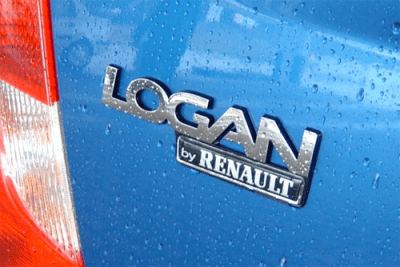 OK, so even if VW-branded versions of such value cars would not be as novel of an addition to VW’s portfolio as Renault-badged cars based on Dacias were to the French brand’s line-up in South American, Russian and Asian markets, this still leaves the door open to a successful value brand alongside VW in many markets. I think one of the biggest advantages of this brand over other value brands would be the “made by Volkswagen” quality image, even despite the current trouble the company is going through. In many parts of the world, VW still has an image of quality and reliability, more so than Renault which also used to put “by Renault” badges on the Dacia models in Europe.
OK, so even if VW-branded versions of such value cars would not be as novel of an addition to VW’s portfolio as Renault-badged cars based on Dacias were to the French brand’s line-up in South American, Russian and Asian markets, this still leaves the door open to a successful value brand alongside VW in many markets. I think one of the biggest advantages of this brand over other value brands would be the “made by Volkswagen” quality image, even despite the current trouble the company is going through. In many parts of the world, VW still has an image of quality and reliability, more so than Renault which also used to put “by Renault” badges on the Dacia models in Europe.
Kriss:
Yeah, but the “made by VW” is a double-edged sword, as the company probably does not want to risk diluting its reputation – I actually think this is the main reason why they have not launched a value brand already. Their reputation has already taken a beating of late because of troublesome DSG transmissions, faulty timing chains on the TSI engines and dodgy electronics. And that is before you even consider the emissions-cheating scandal…
Bart:
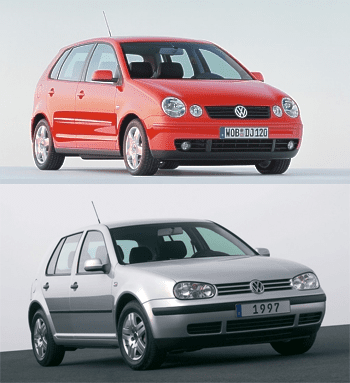 Yeah, but in a sense going back to basics, with reliable platforms and engines, could actually help VW regain some of their lost reputation for bulletproof reliability. They have plenty of components from before they started to challenge General Motors and Toyota for the title of biggest car manufacturer in the world. Golf IV (1998-2004), Polo IV/9N (2002-2008) and Passat B6 (2005-2010) all had reliable engines, transmissions and are still modern-enough to serve as a platform for budget models in the same way Renault used engines, transmissions and parts of the platforms of the older generations Clio and Megane for its first generation Logan, Sandero and Duster.
Yeah, but in a sense going back to basics, with reliable platforms and engines, could actually help VW regain some of their lost reputation for bulletproof reliability. They have plenty of components from before they started to challenge General Motors and Toyota for the title of biggest car manufacturer in the world. Golf IV (1998-2004), Polo IV/9N (2002-2008) and Passat B6 (2005-2010) all had reliable engines, transmissions and are still modern-enough to serve as a platform for budget models in the same way Renault used engines, transmissions and parts of the platforms of the older generations Clio and Megane for its first generation Logan, Sandero and Duster.
Kriss:
I don’t know, I don’t think looking into the past is the best way for VW Group to move forward… They first need to focus their resources on a) fixing the diesel scandal damage and b) getting crossovers and SUVs to market. Ultimately, though, I think VW Group is not interested in a value brand simply because there are higher profits to be earned elsewhere. After all, competition in the value models is pretty intense in many Asian and South American markets, just look at how hard it is for Datsun to gain traction. VW may not be able to earn much (if any) profit on these models in those markets.
Conclusion:
As petrol-heads we are always looking for ways for companies to add new, exciting models or brands into the car world. Ultimately, though, car makers are businesses and need to do what gives them the highest profits in the long run. And with the case for a new value brand under the VW Group umbrella being far from clear, we wonder whether VW Group would not increase its profits simply by licensing its older tech/platforms to car companies from developing countries?

